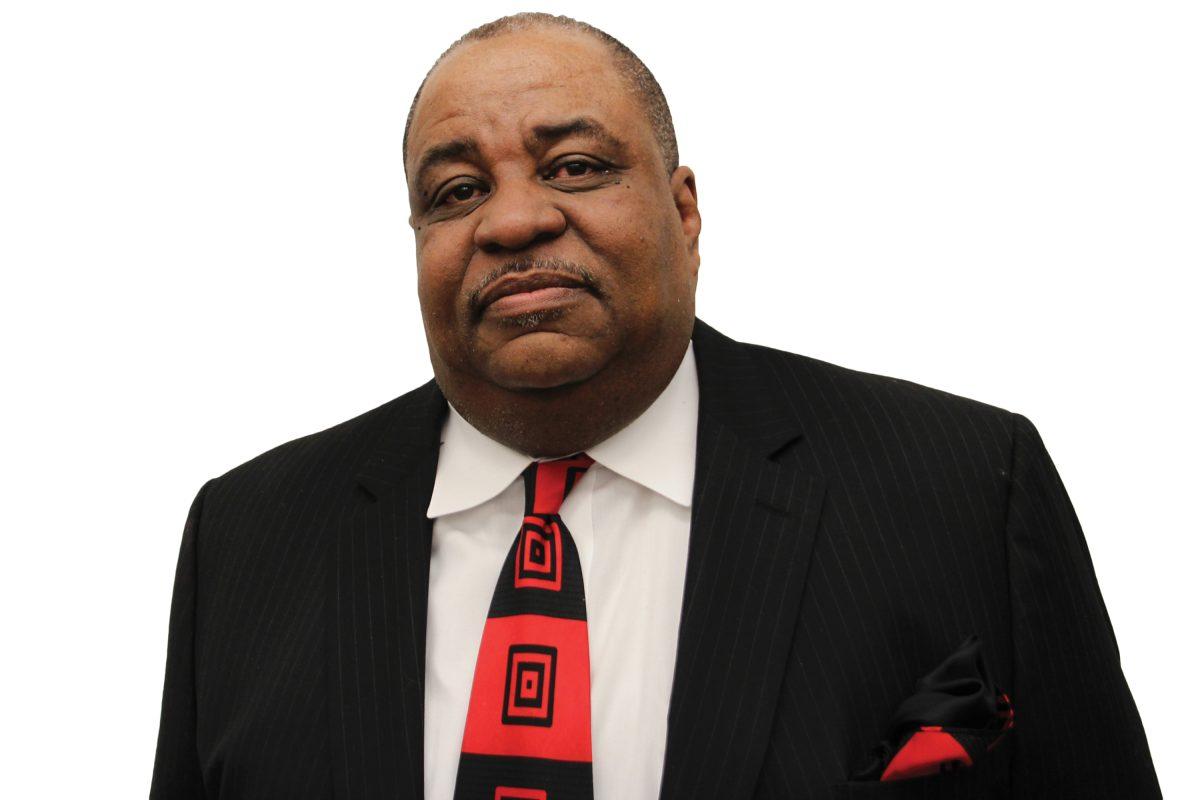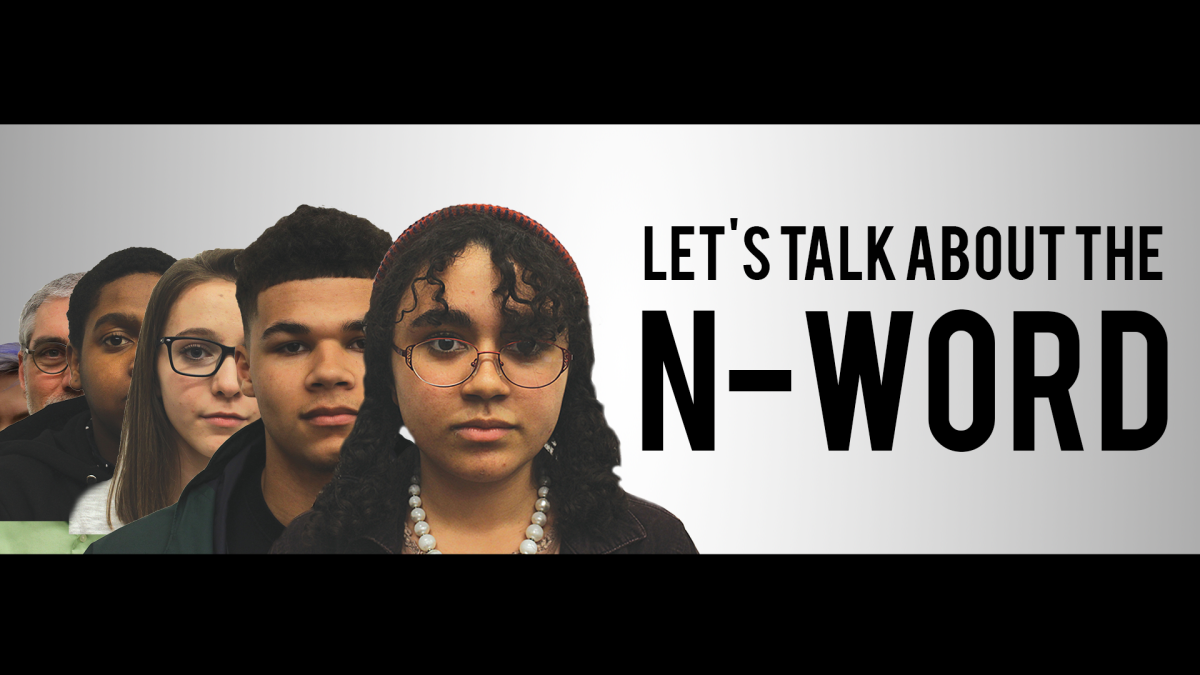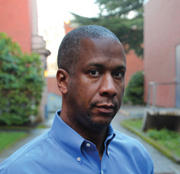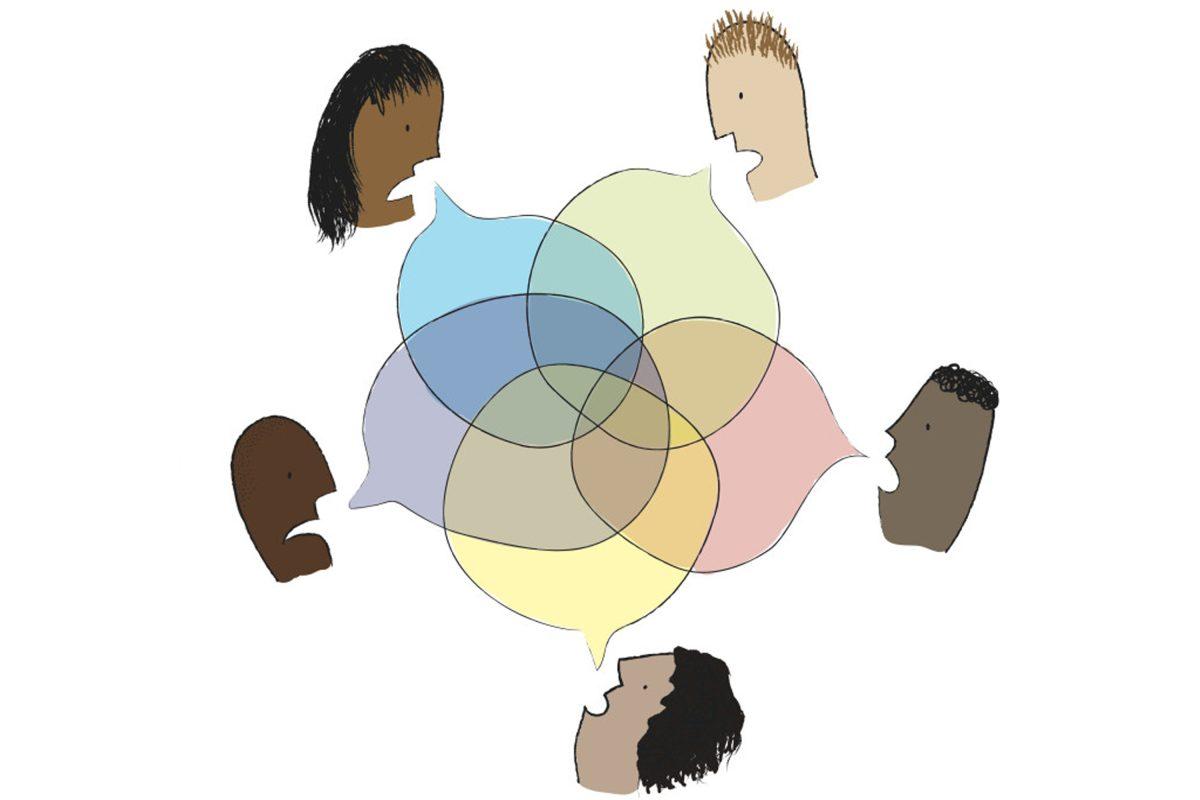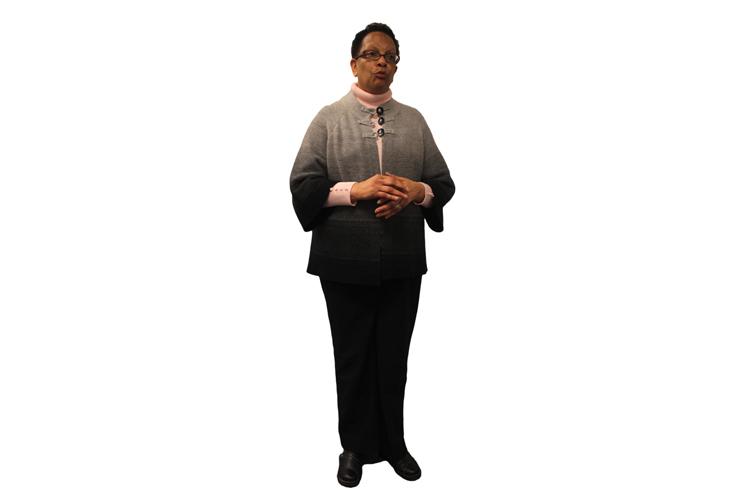[aesop_parallax img=”https://grantmagazine.com/wp-content/uploads/2016/02/IMG_09481.jpg” parallaxbg=”on” parallaxspeed=”1″ caption=”The retired Portland principal’s clashes in the segregated South have shaped his stance. ” captionposition=”bottom-left” lightbox=”on” floater=”on” floaterposition=”left” floaterdirection=”up”]
Paul Coakley remembers stepping off the bus with 25 other black students in a tiny Tennessee town.
“Go back to where you came from, nigger,” an angry mob of residents shouted as Coakley started the first day of his senior year at Gallatin High School.
It was 1970, and most of the 30,000 residents of Gallatin opposed integration. The black students had to be escorted by police, who feared that violence might erupt.
“I wasn’t trying to hear who was saying it; you’re gonna hear that word,” Coakley recalls. “When you look at the history, it was a word that was designed to hurt people, a derogatory word, and that’s why it’s not a word that’s endearing to me at all.”
Growing up in rural Tennessee, Coakley knows what it’s like to face discrimination. He was born in Detroit, the youngest of eight children. His parents split up when he was young and he stayed with his mom.
She was unable to care for all of her children, so she sent him to Tennessee to live with his uncle. He remembers how different life in the South was, with separate but equal as the order of the day. Blacks and whites rarely mixed.
When he was 12, Coakley recalls walking with a black friend to the theater. After waiting in line for all the white patrons to go in, the two approached the ticket counter.
“It sounded like everyone had gotten their tickets,” he recalls. “The guy that was selling them turned to me and my friend…and he told us: ‘Niggers don’t come through the front door. You have to go through the back.’”
They started to walk to the back but stopped short. If they couldn’t go in the front, Coakley decided, then they weren’t going to go in at all.
“That was part of the protest; we were going to protest peacefully and we would stay away,” he says of his choice. “We went back six years later and walked through the front door…it felt good, real good. It felt like you were a part of the country and you had the same rights that anyone else had.”
When Coakley finished high school and went to college, he decided to become a teacher. In 1980, he was recruited to Portland by the school district and later served as principal of Harriet Tubman Middle School and Roosevelt and Gresham high schools.
Now retired, the barrel-chested Coakley – known for his trademark laugh and encouraging nature – often substitutes as principal at Grant when needed.
Every now and then Coakley is haunted by the word when he hears kids in the halls at Grant using it. Whenever it happens, he shakes his head.
“I’ve heard it being used more and more,” he says. “One thing that hasn’t changed is I immediately address it. I’ll turn and say ‘Excuse me?’ and the kids say ‘I’m sorry’ because they know.
“It’s almost like if no one is going to say anything about it then (they’ll) just go ahead and use it.”
Coakley wants kids to understand the history of the word that has always made him cringe.
“With things like the N-word, I’ve never used that because I know the deprivation and the putdowns, I know about all those things,” he says. “People have given their lives not to be called that word. You have to understand the history behind it before you just loosely use this word. You have to.” ◊





























